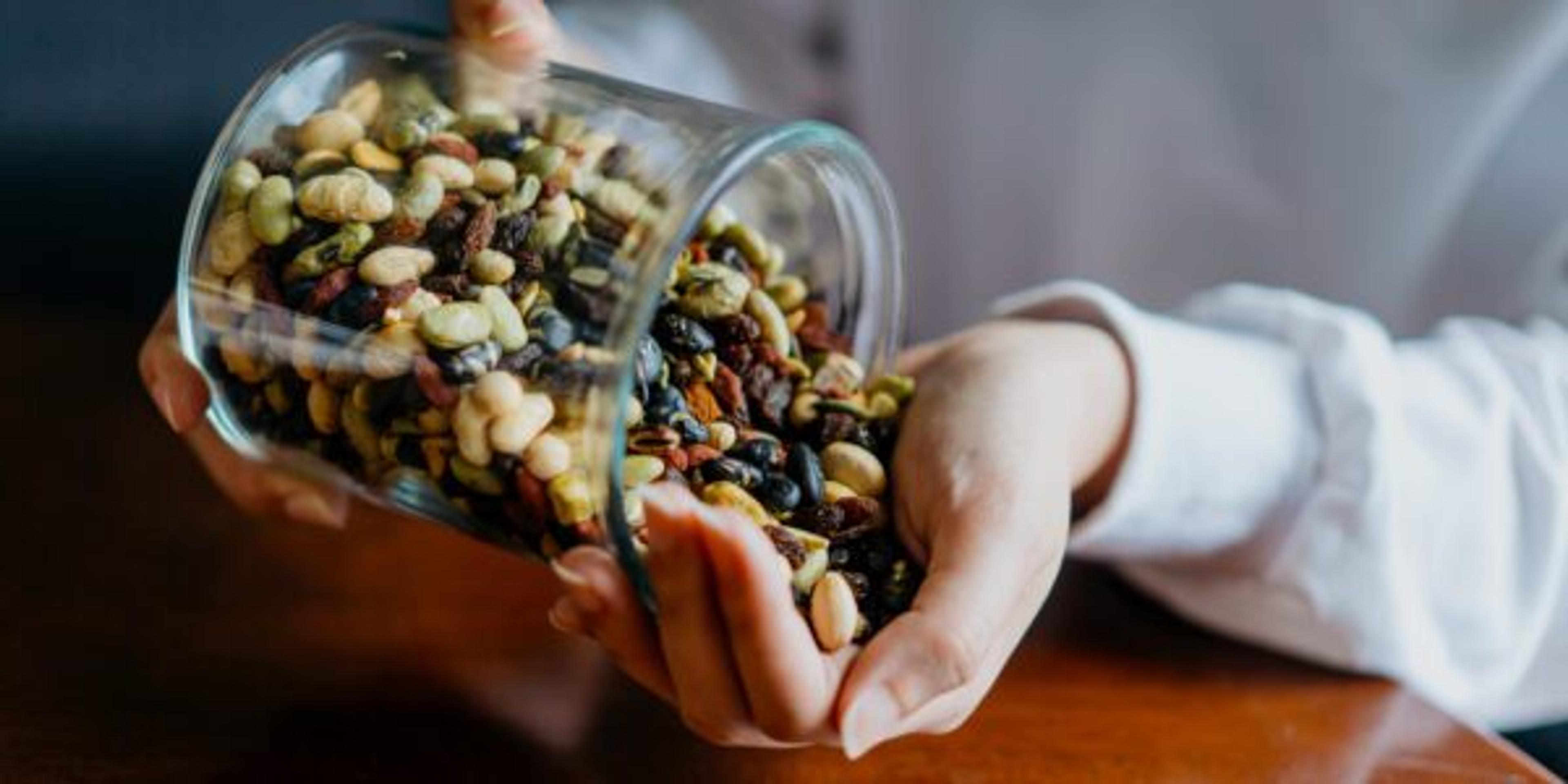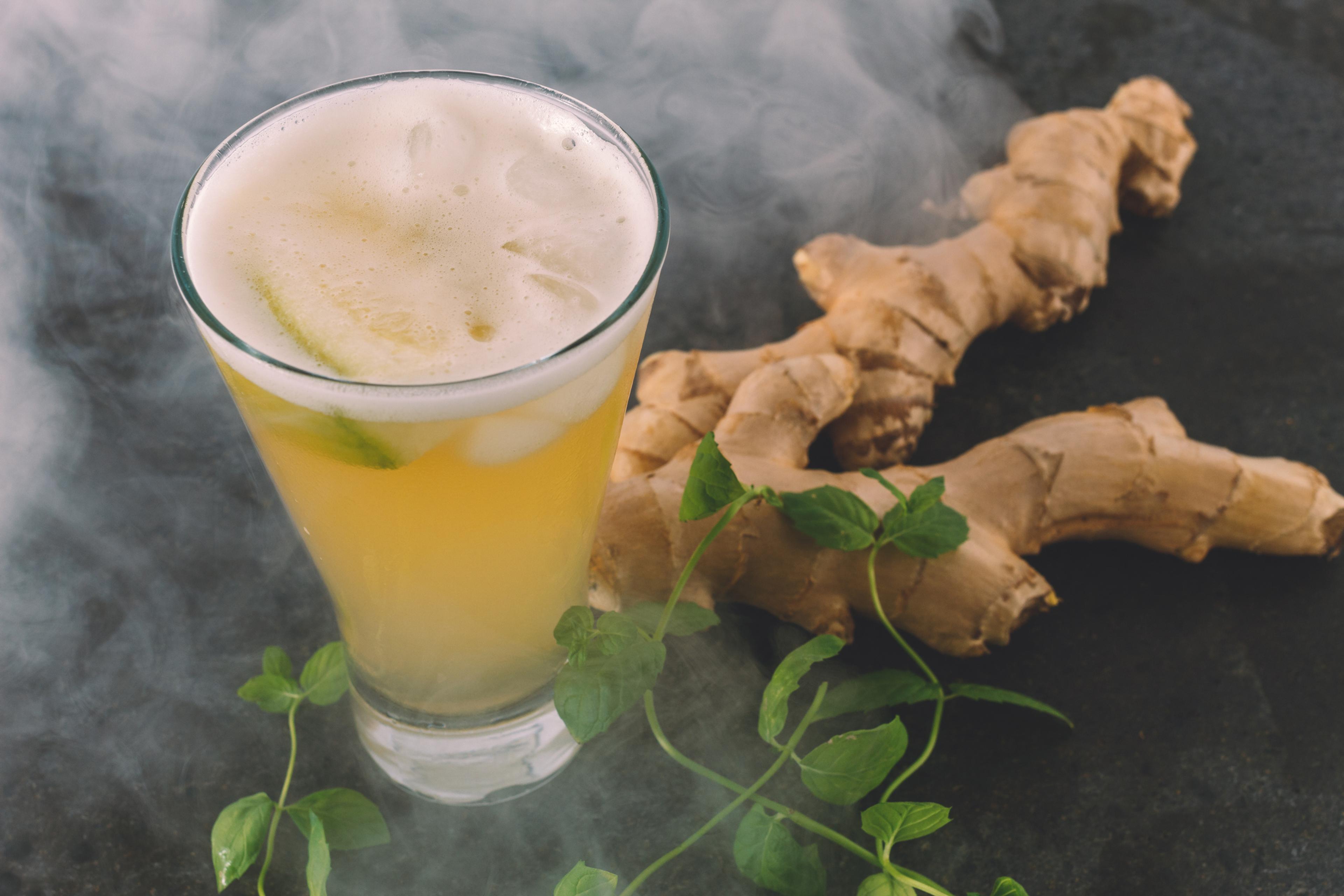Foods That Are High in Iron
Shandra Martinez
| 3 min read

When you were a child, maybe you remember one of your parents or grandparents reminding you to eat all the meat on your plate because the iron was good for you. Our older generation might recall getting that same message when a dinner like liver and onions was served. These days, not a lot of people drill down on the importance of iron. Some people make sure their multivitamin includes iron, but how much attention are you paying when it comes to including high-iron foods in your diet? Let’s look at some foods that are high in this important nutrient.
What is iron, and why is it needed? Iron is actually an important mineral your body needs for growth, and to ensure proper development. At its most basic level, the iron in your body is used to make hemoglobin and myoglobin. This is essential because hemoglobin is the part of your red blood cells that carries oxygen from your lungs to the other parts of your body. And myoglobin carries it to your muscles. Those are iron’s two biggest functions in your body, according to the National Institutes of Health, although iron also plays a role in creating some hormones.
How much iron does your body need?
It’s recommended that adult men get 8 mg of iron each day. Women between the ages of 19 and 50 should get 18 mg of iron each day, and women 51 and older should get 8 mg daily. There are two types of iron you can get from the food you eat: heme and nonheme iron. Any kind of meat and seafood have both types of iron, while plant-based foods and iron-fortified foods have only nonheme iron. The body does not absorb nonheme iron as well as it does heme iron. Because of this, any vegetarians or vegans getting only nonheme iron will need to consume about twice the recommended daily average of iron from their plant-based and iron-fortified sources each day.
Also, pregnant women, premature infants, and people diagnosed with anemia or certain chronic diseases might need more iron. If you think this might apply to you or a child in your family, talk to your health care provider.
Which foods are high in iron?
Iron is found in some foods you might expect – and at least a few you might not. You may also see some foods like breakfast cereals and breads labeled “iron-fortified” because extra iron has been added. The American Red Cross publishes a handy list of foods that are high in iron because eating iron-rich foods is recommended for people who are blood donors.
- Lean beef, pork and poultry
- Seafood like shrimp, clams and oysters
- Fish including tuna, mackerel and sardines
- Nuts
- Dried fruits, including raisins and prunes
- White beans and kidney beans
- Lentils
- Peas
- Spinach
- Iron-fortified cereals and breads
- Eggs
- Sweet potatoes
- Broccoli
- Kale
- Strawberries
- Watermelon
- Maple syrup
Signs you are not getting enough iron
Iron deficiency can be a real problem for people – and one they might not recognize right away. If you are not getting enough iron from the foods you eat each day, your body taps into the iron it has already stored in places like your liver and bone marrow. But when those levels run low, you may be diagnosed with iron deficiency anemia. When you’re anemic, the red blood cells in your body don’t work correctly. They carry less oxygen through your body. If you have any of these symptoms and think you might not be getting enough iron, check with your doctor:
- Weakness
- Fatigue
- Difficulty concentrating
- Memory issues
- Feeling cold
- Not motivated to exercise
- Intestinal discomfort
Related:
Photo credit: Getty Images





